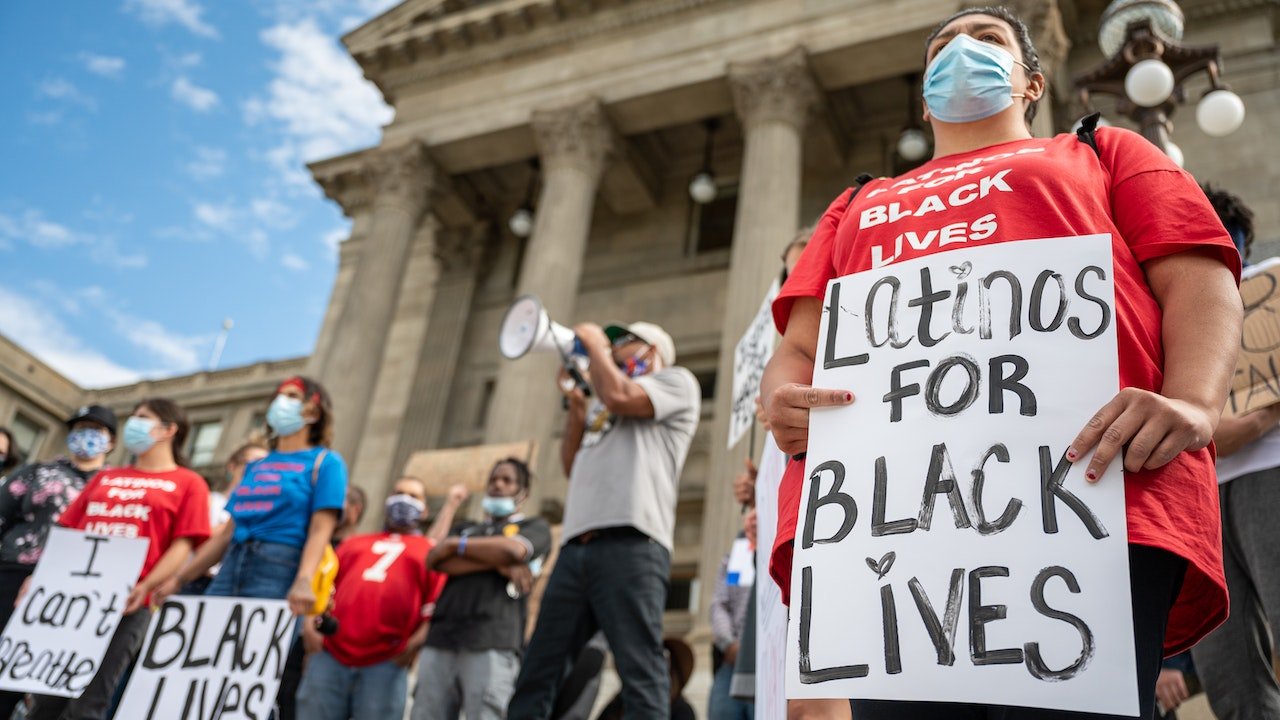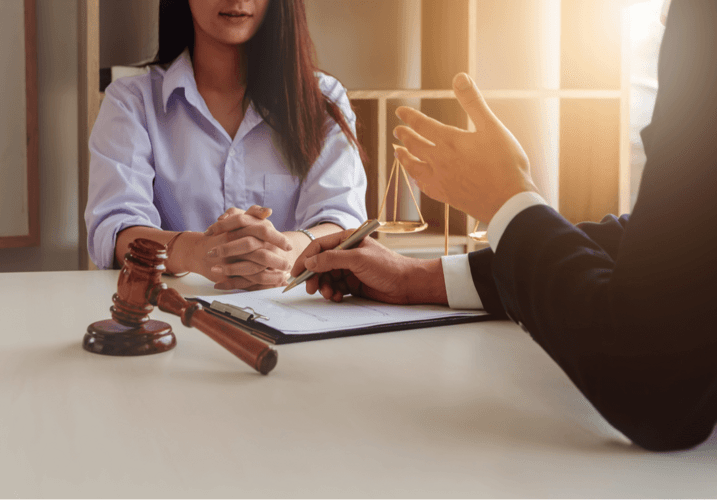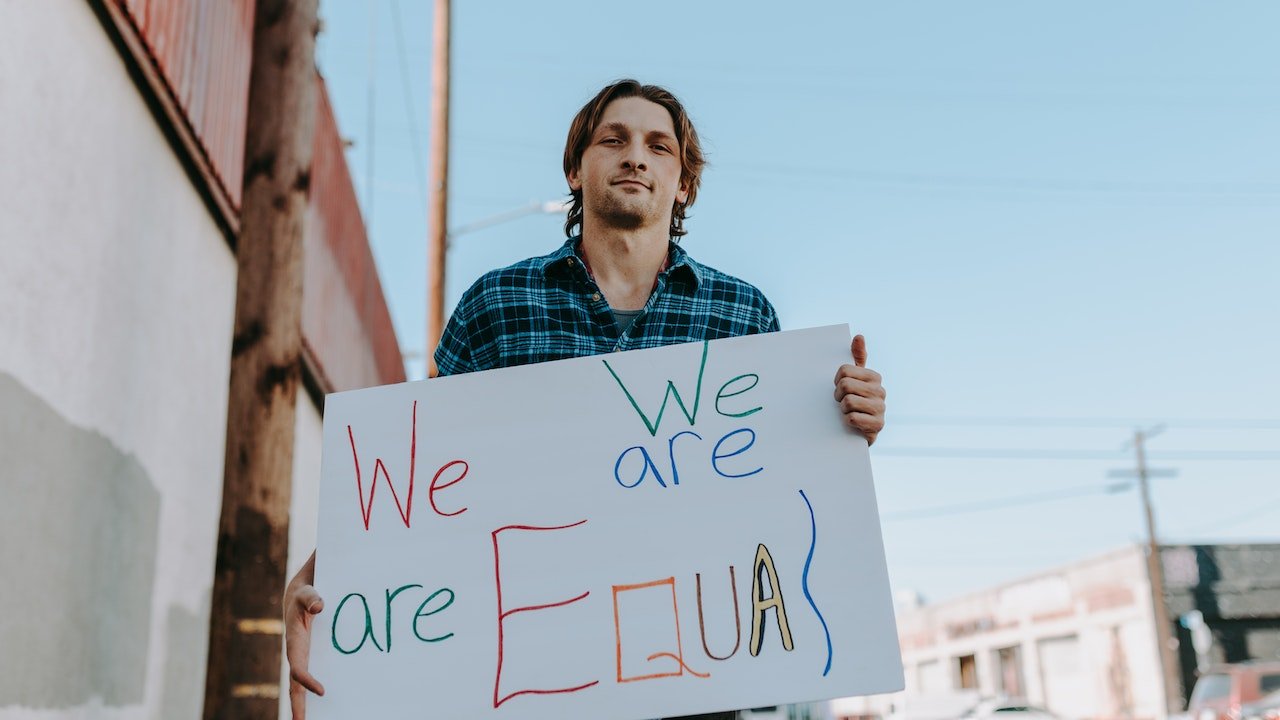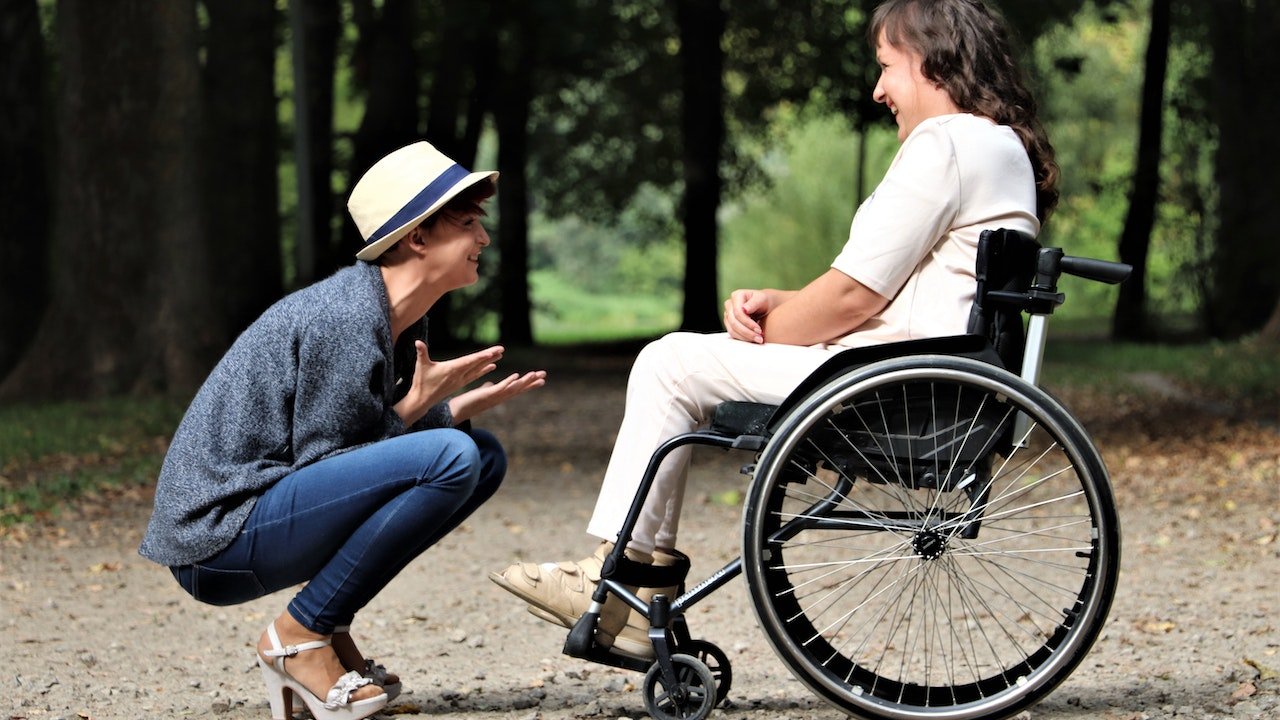The Fight for LGBTQ+ Rights: Civil Rights Laws and Equality 2023


The fight for LGBTQ+ rights has been a never-ending fight for acceptance and equality. Although there has been a lot of progress in the battle for equal rights over the years, the LGBTQ+ community still faces numerous difficulties. The history of LGBTQ+ rights, the function of civil rights legislation, and the current fight for equality for the LGBTQ+ community are all covered in this article.
Historical Perspective
Stonewall Riots: A Watershed Moment
The Stonewall Riots of 1969 significantly increased the momentum of the LGBTQ+ rights movement. The Stonewall Inn, a gay pub in New York City, was the target of a police raid, and the ensuing riots marked a turning point in the struggle for LGBTQ+ rights. The revolt enhanced community activism and visibility, paving the way for further developments.
Organizations that Advocate and Act
Numerous activist and advocacy groups were formed to advocate for LGBTQ+ rights after the Stonewall Riots. Organizations like the Human Rights Campaign (HRC), American Civil Liberties Union (ACLU), and GLAAD (formerly known as the Gay & Lesbian Alliance Against Defamation) have been instrumental in promoting awareness, pushing for legal reforms, and battling discrimination.
legal landmarks
Sexual orientation is no longer a crime
The decriminalization of homosexuality was one of the first significant legal achievements in the LGBTQ+ rights movement. Homosexuality was taken from the American Psychiatric Association’s list of mental illnesses in 1973. Following this, laws outlawing same-sex relationships were abolished in other American states.
Relationship Equality
Early in the new millennium, the cause of marital equality made substantial progress. The historic Supreme Court decision Obergefell v. Hodges in 2015 made same-sex marriage legal nationwide. With this decision, LGBTQ+ couples now have the same legal rights to marriage and protections as heterosexual couples, which is a big step forward.
Workplace safeguards
Workplace protections are a vital component of LGBTQ+ rights as well. Legislation protecting LGBTQ+ people from workplace discrimination based on their sexual orientation or gender identity has been passed over the years. Title VII of the Civil Rights Act of 1964 was expanded to cover LGBTQ+ employees in 2020 thanks to a Supreme Court decision in Bostock v. Clayton County, which established federal safeguards against employment discrimination.
Parenting and Adoption Rights
For LGBTQ+ people and couples, the fight for adoption and parental rights has been an important one. The restrictions that prevented same-sex couples from adopting or fostering children have been abolished in many jurisdictions. However, there are still some issues, and work is still being done to give LGBTQ+ people the same access to adoption and parental rights as heterosexual and straight people.
Civil rights legislation
The 1964 Civil Rights Act
The LGBTQ+ community and other marginalized groups advanced equality thanks in large part to the Civil Rights Act of 1964. Although the act does not specifically address sexual orientation or gender identity, courts have construed it to offer certain safeguards against the prejudice experienced by LGBTQ+ people in various situations.
LGBTQ+ employment rights and Title VII
Employment discrimination on the basis of sex is prohibited by Title VII of the Civil Rights Act. In recent years, courts have expanded their interpretation of “sex” to include gender identity as well as sexual orientation. This interpretation has given people who identify as LGBTQ+ the legal justification they need to protest job discrimination.
Inclusion Act
The Equality Act is a comprehensive piece of legislation that guards LGBTQ+ people against discrimination in a variety of settings, such as the workplace, housing, education, and public places. The act, which is now being discussed in the US Congress, aims to offer uniform and clear legal safeguards across the country.
Read More: The Intersection of Civil Rights Laws and Criminal Justice 2023
Obstacles and Persistent Problems
Conversion Counselling
The damaging practice of conversion therapy, commonly referred to as “reparative therapy,” aims to alter a person’s sexual orientation or gender identity. Conversion therapy has been denounced by numerous professional medical and mental health groups, who emphasized its lack of scientific support and the possibility of serious harm to LGBTQ+ people. Conversion therapy is being fought against internationally.
Housing and Public Accommodations Discrimination
Despite advancements, there is still prejudice against LGBTQ+ people in a number of contexts, including housing and public spaces. Because of their sexual orientation or gender identity, people may still be denied housing or access to public services in some areas. To address these issues, advocacy groups keep pushing for thorough anti-discrimination legislation.
Right to Transgender
The LGBTQ+ rights movement now places a lot of emphasis on transgender issues. People who identify as trans confront particular difficulties, such as obtaining healthcare, having their gender identity recognized legally, and being protected from prejudice. In order to achieve equal legal treatment for transgender people, activists, and organisations are campaigning to advance their rights.
Worldwide Perspectives
LGBTQ+ rights movements worldwide
The struggle for LGBTQ+ rights transcends national boundaries. Around the world, organisations are launching activism and advocacy campaigns to fight prejudice and advance equality. Parades and festivals for Pride function as venues for celebrating LGBTQ+ identities and bringing attention to the difficulties the community faces.
Issues and Development in Different Nations
The state of LGBTQ+ rights varies greatly between nations. While some countries have enacted progressive laws and protections, others continue to have societal norms and regulations that are discriminatory. International advocacy is essential for opposing repressive structures and advancing LGBTQ+ rights around the world.
Read More: Addressing Racial Disparities through Civil Rights Legislation 2023
Future Rights for LGBTQ+ People
Inclusiveness and intersectionality
Recognizing and resolving intersectionality is crucial for the future of LGBTQ+ rights. Intersectionality emphasises that overlapping identities, such as race, gender, and socioeconomic status, have an impact on how people view the world. Adopting inclusivity within the LGBTQ+ rights movement will aid in addressing the particular difficulties encountered by many communities within the wider LGBTQ+ spectrum.
Knowledge and Awareness
In order to promote acceptance and understanding of LGBTQ+ people and their rights, education and awareness are essential. Societies may build environments that are inclusive and supportive of LGBTQ+ kids and adults through supporting comprehensive sex education, dispelling stereotypes, and combatting prejudice in educational institutions.
Conclusion
Because of the tenacity of activists, the efforts of advocacy groups, and the success of legal actions, the struggle for LGBTQ+ rights has advanced significantly. Although there has been progress, there are still issues that demand ongoing work to guarantee complete equality and protection for the LGBTQ+ community. We can get closer to a society where LGBTQ+ people can live without facing prejudice and discrimination by passing comprehensive civil rights laws, opposing discriminatory practices, and fostering education and awareness.
FAQs
What purpose did the Stonewall Riots serve?
A major turning point in the LGBTQ+ rights movement was the Stonewall Riots, which sparked more awareness and activism.
What effects do civil rights laws have on LGBTQ+ rights?
LGBTQ+ rights have advanced as a result of civil rights legislation’s provision of legal protections against discrimination.
The Equality Act: What Is It?
The Equality Act is a piece of legislation designed to offer complete safeguards for LGBTQ+ people against discrimination in a variety of settings.
What problems does the LGBTQ+ community currently face?
Conversion therapy, prejudice in housing and public places, and the struggle for transgender rights are some of the difficulties.
How can people help the cause of LGBTQ+ rights?
By arguing for inclusive legislation, combating prejudice, and advancing education and understanding, people may promote LGBTQ+ rights.











